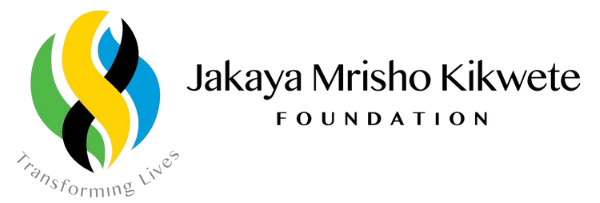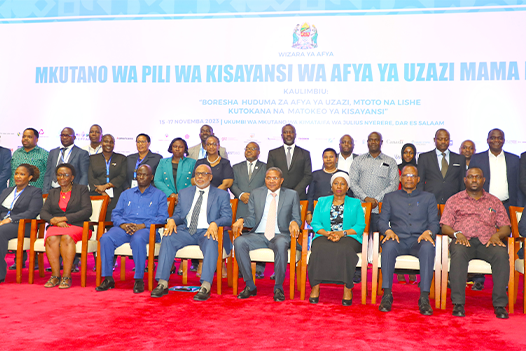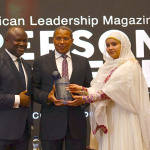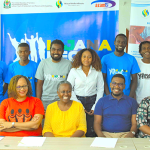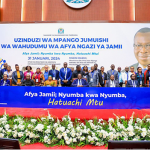The second edition of the National Scientific Conference on Reproductive, Maternal, Newborn, Child, and Adolescent Health and Nutrition (RMNCAH+N) was a resounding success.
The conference, held from November 15 to 17, 2023 at the Julius Nyerere International Convention Centre (JNICC) in Dar es Salaam, provided a platform for discussions, presentations, and collaborations on reproductive, maternal, newborn, child, and adolescent health and nutrition.
A significant number of local and international RMNCAH+N stakeholders from the Government, development partners, academic institutions, policymakers, practitioners, and researchers attended to share innovations and best practices for improving the state of RMNCAH+N in Tanzania, to gain a snapshot of its landscape and present progress towards the achievement of national and the SDG targets.
The conference’s central theme, “Advancing access to quality RMNCAH+N services through evidence-based practices,” was aimed to create a forum for all key players to take stock of their efforts and strategize for a bright future.
With over 2,100 participants, the attendance exceeded expectations. Due to the enormous turnout, some breakout sessions experienced limited seating capacity, recognizing the need for a larger venue.
The high attendance demonstrated the immense interest and dedication towards improving healthcare in the RMNCAH+N sector in Tanzania.
Event organizers, the Ministry of Health, the President’s Office, Regional Administration and Local Governments (PO-RALG) and JMKF plan to secure a more spacious location for future conferences.
Speakers and presenters shared valuable insights and research findings, fostering dialogue and knowledge exchange. The conference was a crucial platform for addressing key challenges, identifying innovative solutions, and promoting collaborative efforts to enhance healthcare outcomes for women, children, and adolescents.
The idea for the conference was conceived during one of the routine quarterly RMNCAH Technical Working Group meetings. The goal was to bring together key stakeholders to disseminate, validate, and learn from best practices and evidence-based interventions for scaling up services.
The Ministry of Health and TAMISEMI PO-RALG partnered with other organizations to convene the first-ever RMNCAH conference in November 2021. The three-day event, officiated by the Prime Minister of the United Republic of Tanzania, Hon Kassim Majaliwa, occurred at the Julius Nyerere International Convention Centre (JNICC). Over 1,400 delegates attended the conference, including dignitaries and local and international experts.
Building on the inaugural event’s success, the second edition of the conference, held at the same venue (JNICC), was graced by retired President Dr. Jakaya Mrisho Kikwete as the Guest of Honour. A record 2,500 delegates, including dignitaries and local and international experts, attended the three-day event.
Top in discussions was maternal and newborn mortality, which remains a priority at both global and national levels. Sustainable Development Goals (SDGs) adopted in 2015 include a target to reduce global maternal, newborn, and child mortality levels. The burden of maternal mortality is exceptionally high in low- and middle-income countries, with Sub-Saharan Africa accounting for a significant portion of these deaths.
Obstetric hemorrhage hypertensive disorders, and sepsis remained the leading causes of maternal mortality. In contrast, neonatal mortality is mainly affected by preterm birth, birth asphyxia, and neonatal infection. Tanzania has witnessed progress in reducing maternal deaths by 85% percent. In comparison, neonatal death is still alarming, with a reduction of 1% only for the past seven years.
The conference provided a platform to share, validate, and explore opportunities for scaling up high-impact interventions.
The conference’s success reaffirmed the Government’s commitment and stakeholders like JMKF to prioritize and advance the RMNCAH+N agenda. It highlighted the importance of continued investment and collaboration in this critical sector, improving health services, promoting education and awareness, and implementing evidence-based interventions.
Overall, the 2nd RMNCAH+N Scientific Conference was a tremendous achievement. It brought together experts and stakeholders to drive progress. It paved the way for further discussions, partnerships, and action, ensuring the continued advancement of healthcare in Tanzania.



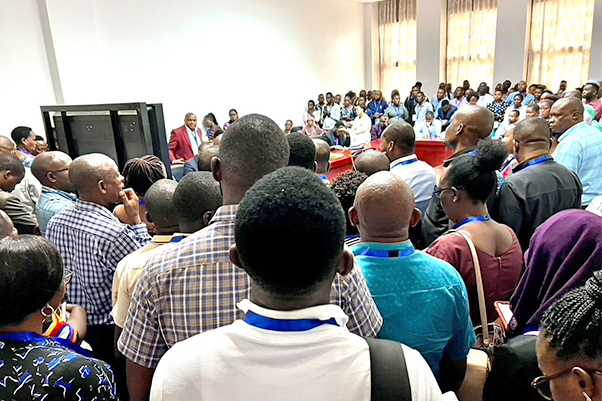
Previous
Next
